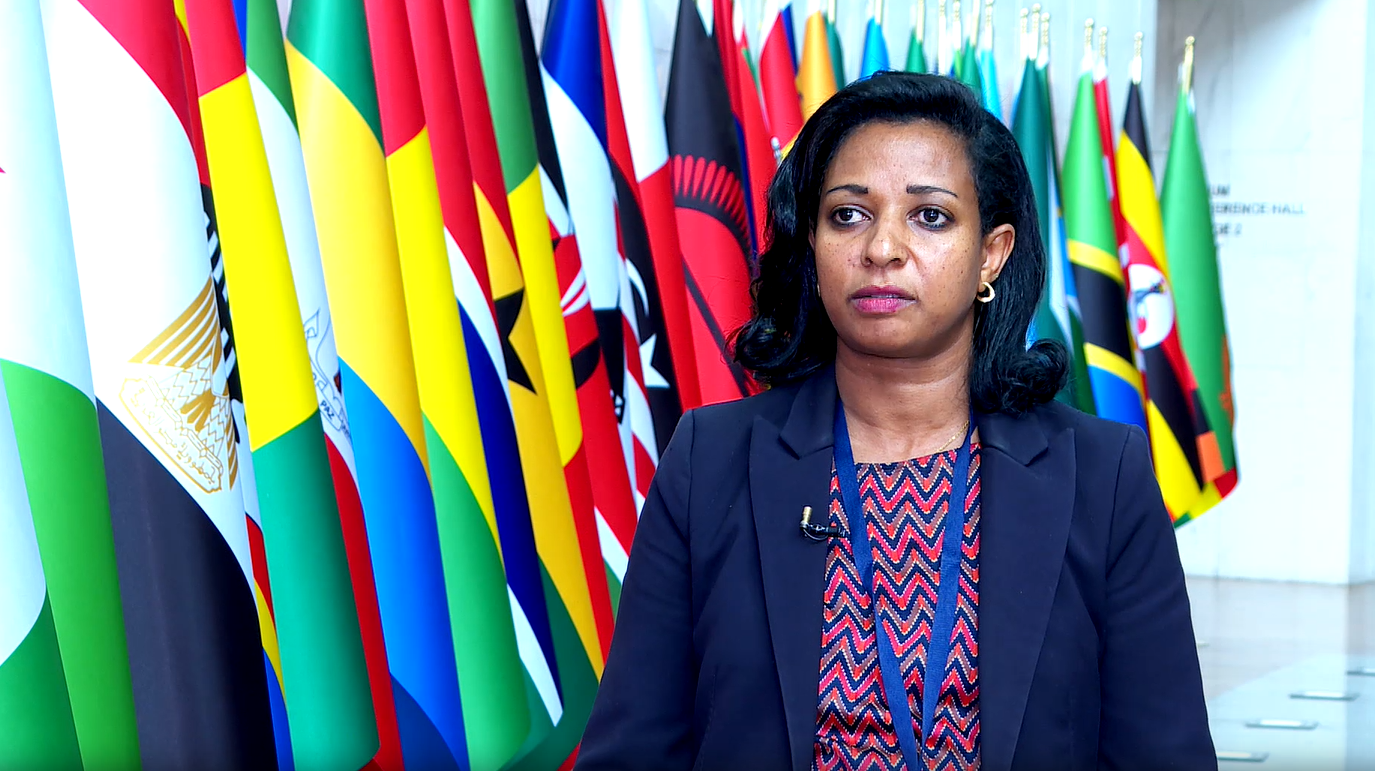IAEA’s Division for Asia and Pacific Says Significant Gap Persists in Radiation Medicine in Low-income Countries - ENA English
IAEA’s Division for Asia and Pacific Says Significant Gap Persists in Radiation Medicine in Low-income Countries

Addis Ababa, July 7, 2025 (ENA) --- Ethiopia is making remarkable progress in expanding cancer treatment and radiotherapy services, Lead Executive Officer in Charge of Disease Prevention and Control at the Ministry of Health, Dr. Hiwot Solomon told ENA.
The Lead Executive Officer said that the International Atomic Energy Agency’s (IAEA) Rays of Hope initiative launched in 2022 in Ethiopia to support low- and middle-income countries to improve life-saving cancer care.
Low- and middle-income countries face limitations in resources, trained workforce, and radiation safety infrastructure, which are critical for the safe and efficient delivery of radiation medicine, Director of the Division for Asia and the Pacific Department of Technical Cooperation at the International Atomic Energy Agency (IAEA) Gashaw Gebayehu underscored.
Dr. Hiwot described the initiative as “very young” but with “great ambition,” emphasizing its focus on increasing radiotherapy capacity in countries with limited resources."
“Radiotherapy treatment and diagnosis is not an easy task to do alone, and the IAEA is a great partner in having this kind of technology in place in different countries,” Dr. Hiwot said, highlighting how Ethiopia benefits from the initiative’s guidance and regulatory support amid rising cancer cases.
According to her, Ethiopia currently operates five radiotherapy centers, with plans to expand services nationwide to address geographic and population challenges.
“The government allocates budgets with the support of the IAEA, and together with the Rays of Hope initiative, there is a plan to expand the service,” she added.
The Lead Executive Officer said, in addition to radiotherapy, the country has intensified community-level cancer screening, notably expanding cervical cancer screening to over 1,500 health facilities and vaccinating more than a million girls against HPV.
Stating that Ethiopia prioritizes capacity building in cancer care in partnerships with local institutions and the IAEA, she said that trainings were provided to over 20 professionals in various radiotherapy fields, including nurses, oncologists, and medical physicists.
Echoing similar thoughts, Gashaw Gebayehu, reflected on the initiative’s rapid expansion.
“Ever since the first wave of countries in Africa, and the second wave with about 20 countries, have benefited from the IAEA support in the framework of the Rays of Hope initiative, establishing, developing, and expanding radiation medicine services,” he said.
He cited that new cancer centers will be launched in Malawi and other African nations.
Gashaw also acknowledged the persistent challenges in radiation medicine.
“Despite the rising cases of cancer, there is still a significant gap in radiation medicine in low- and middle-income countries. These countries face limitations in resources, trained workforce, and radiation safety infrastructure, which are critical for the safe and efficient delivery of radiation medicine,” he explained.
He added that to address these challenges, the IAEA’s Technical Cooperation Program provides comprehensive support, including training, equipment procurement, technical advice, and fostering partnerships.
“We support the development of biotherapy, nuclear medicine, diagnostic radiology, and medical physics services, which form the basis for efficient delivery of additional services,” he said.